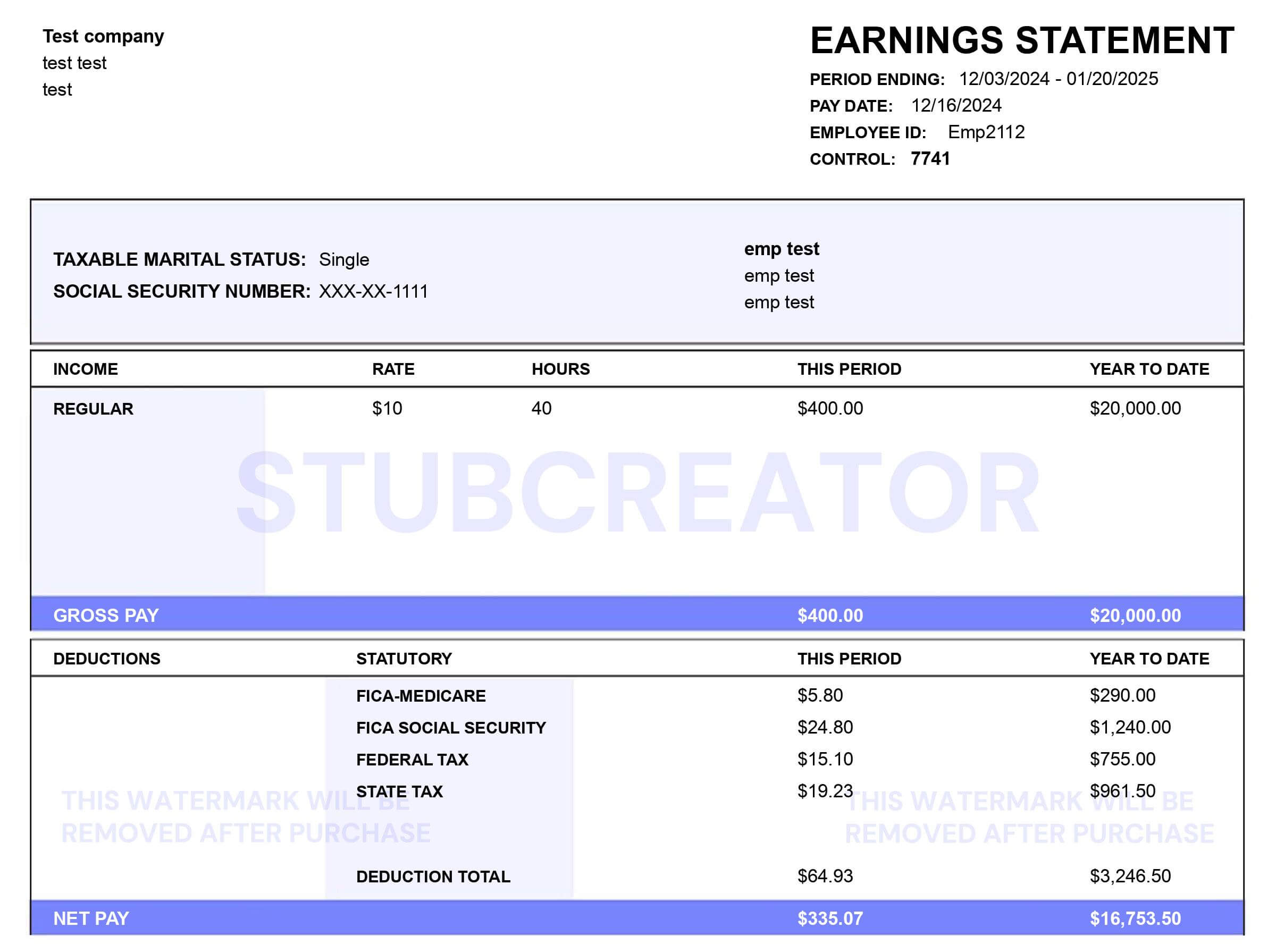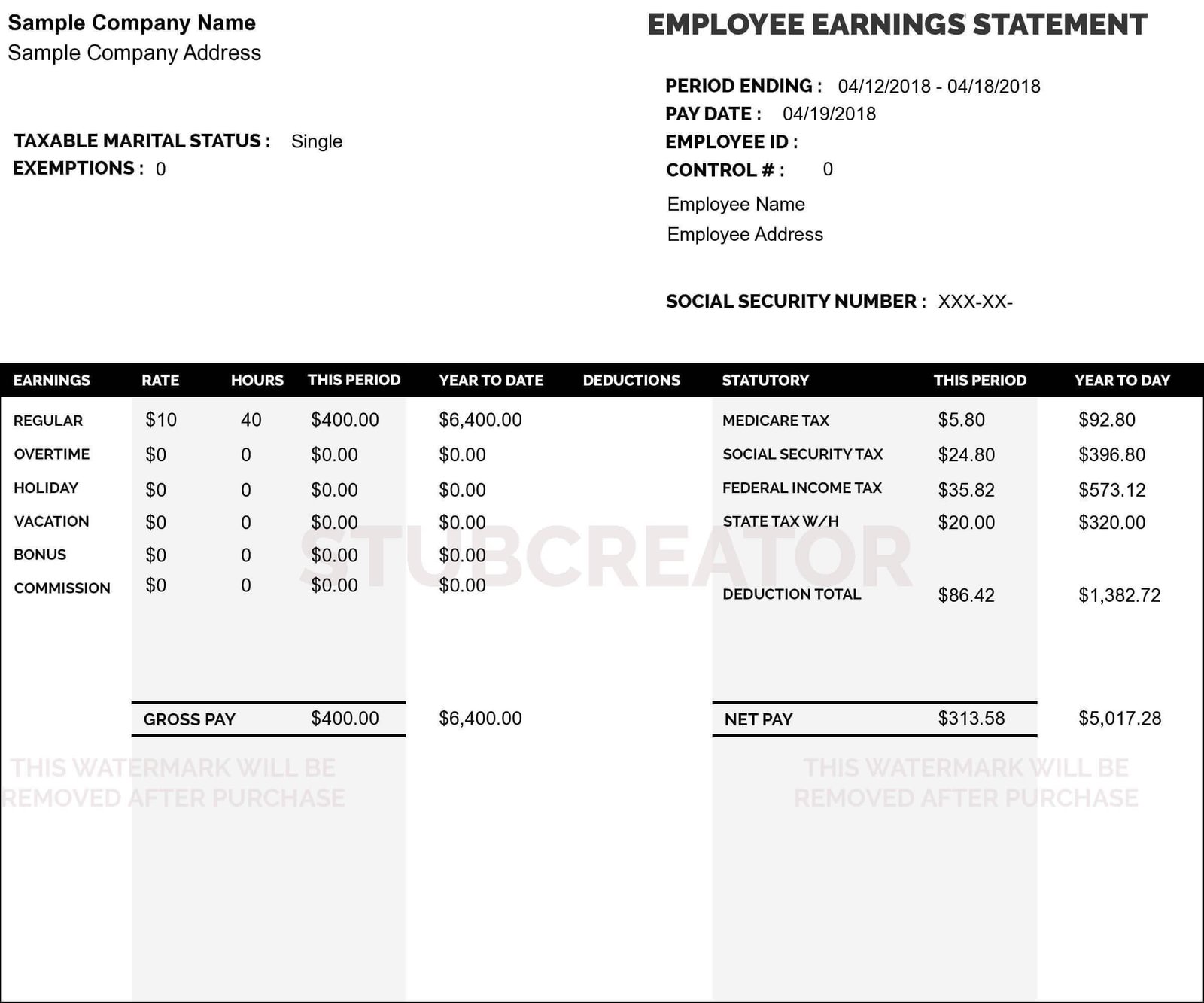What is a Warranty Deed?
A warranty deed, sometimes known as a general warranty deed, is a legal instrument used in real estate transactions.
The warranty deed is the most protective of all the numerous forms of property deeds, which also include special warranty deeds and quitclaim deeds.
How Does a Warranty Deed Work?
A deed is a significant legal document that transfers property from one person to another, most typically in the event of a real estate transaction.
A general warranty deed provides the buyer with the maximum level of security.
Warranty deeds are also used when a borrower applies for a mortgage or title insurance financing. All deeds include the date of the sale, the names of the parties involved, a description of the property traded, and the buyer’s signatures.
A general warranty deed would hold the grantor liable for a breach of specified guarantees and assurances, even if the breach occurred without his or her knowledge or during a period when the grantor did not possess the land.
The grantor bears a lot of responsibility under the broad warranty deed since he or she is liable for any breaches that occurred much outside their comprehension of property ownership.
What is a Special Warranty Deed?
A special warranty deed is not as extensive as a general warranty deed since it only offers two warranties:
- The grantee certifies that he or she has been given the title.
- The grantor certifies that the land was not encumbered during the grantor’s ownership.
A special warranty deed does not provide legal protection until the grantee obtains title. Special guarantee deeds are commonly utilized in commercial real estate.
Warranty Deeds Questionnaire:
1. What are Warranty Deeds?
A warranty deed is a legal document used in real estate transactions that guarantees the seller (grantor) holds a clear title to the property and has the legal right to sell it. It assures the buyer (grantee) that the property is free from any claims, liens, or encumbrances, and if any issues arise, the seller will be liable to resolve them.
2. Warranty Deed vs. Quit Claim Deed
A warranty deed guarantees that the seller holds a clear title to the property and provides legal protection to the buyer. It ensures that the property is free from any claims or liens. The seller is responsible for resolving any title issues that may arise.
A quitclaim deed, on the other hand, transfers whatever interest the seller has in the property without any guarantees or warranties. It offers no protection to the buyer against title defects or claims and is often used in transfers between family members or in cases where title clarity is less important.
3. What is a General Warranty Deed?
A general warranty deed is a type of real estate deed in which the seller guarantees that they hold clear title to the property and will defend the buyer against any claims or defects in the title, even those arising before the seller owns the property. It provides the highest level of protection for the buyer, covering the entire history of the property’s title.
4. Warranty Deed vs Trustee Deed
A warranty deed guarantees that the seller has a clear title to the property and provides legal protection to the buyer. It ensures that the property is free from any liens or claims. The seller is responsible for addressing any title defects.
A trustee deed is used when a property is sold by a trustee, typically as part of a trust or foreclosure. It does not provide the same guarantees as a warranty deed, offering limited or no warranties about the title’s status, meaning the buyer assumes more risk regarding potential title issues.
5. Warranty Deed vs Special Warranty Deed
A warranty deed guarantees that the seller holds clear title to the property and protects the buyer against any claims or title defects, regardless of when they occurred in the property’s history.
A special warranty deed provides a more limited guarantee, ensuring only that the seller has not incurred any title issues during their period of ownership.
6. What is a Warranty Deed Texas?
In Texas, a warranty deed is a legal document used in real estate transactions where the seller guarantees that they hold clear title to the property and have the legal right to sell it. It provides the buyer with protection by ensuring the property is free from any liens or claims.
7. How to Get a Warranty Deed?
To obtain a warranty deed, follow these steps:
- Contact a title company or real estate attorney to draft the deed during a property sale.
- Ensure both parties (seller and buyer) sign the deed in the presence of a notary public.
- File the signed and notarized deed with the local county recorder’s office or property records office, which will officially record the transfer of ownership.
- Obtain a copy of the recorded deed from the county records as proof of ownership.
8. What is a Statutory Warranty Deed?
A statutory warranty deed is a type of deed used in some states where the warranties provided by the seller are defined by state law. It guarantees that the seller has clear title to the property and will defend the buyer against any claims arising during the seller’s ownership. Still, it may not cover title issues from previous owners.
9. Warranty Deed vs Grant Deed
A warranty deed guarantees that the seller holds a clear title to the property and provides legal protection to the buyer against any title issues, including those arising before the seller’s ownership.
A grant deed ensures that the seller has not transferred the property to anyone else and that the property is free from any undisclosed encumbrances during the seller’s ownership.
10. What is a Warranty Deed Used for?
A warranty deed is used in real estate transactions to transfer property ownership from the seller to the buyer. It guarantees that the seller holds clear title to the property and protects the buyer from any future claims or title defects, providing the highest level of assurance regarding the property’s ownership and legal status.
11. Where Can I Get a Warranty Deed?
You can get a warranty deed from a title company, real estate attorney, or online legal document service when buying or selling property. After it’s drafted and signed by both parties, the deed must be filed with the local county recorder’s office to document the transfer of ownership officially.
12. What is a Warranty Deed in Michigan
In Michigan, a warranty deed is a legal document used in real estate transactions where the seller guarantees they have clear title to the property and the legal right to sell it. It provides the buyer with protection against any claims or liens on the property, including those arising before the seller’s ownership.
13. What is a Warranty Deed in Illinois?
In Illinois, a warranty deed is a legal document used in real estate transactions. In it, the seller guarantees that they have clear title to the property and will defend the buyer against any claims or title defects. The deed protects the buyer by ensuring that the property is free from any encumbrances, both from the seller’s ownership and prior owners.












